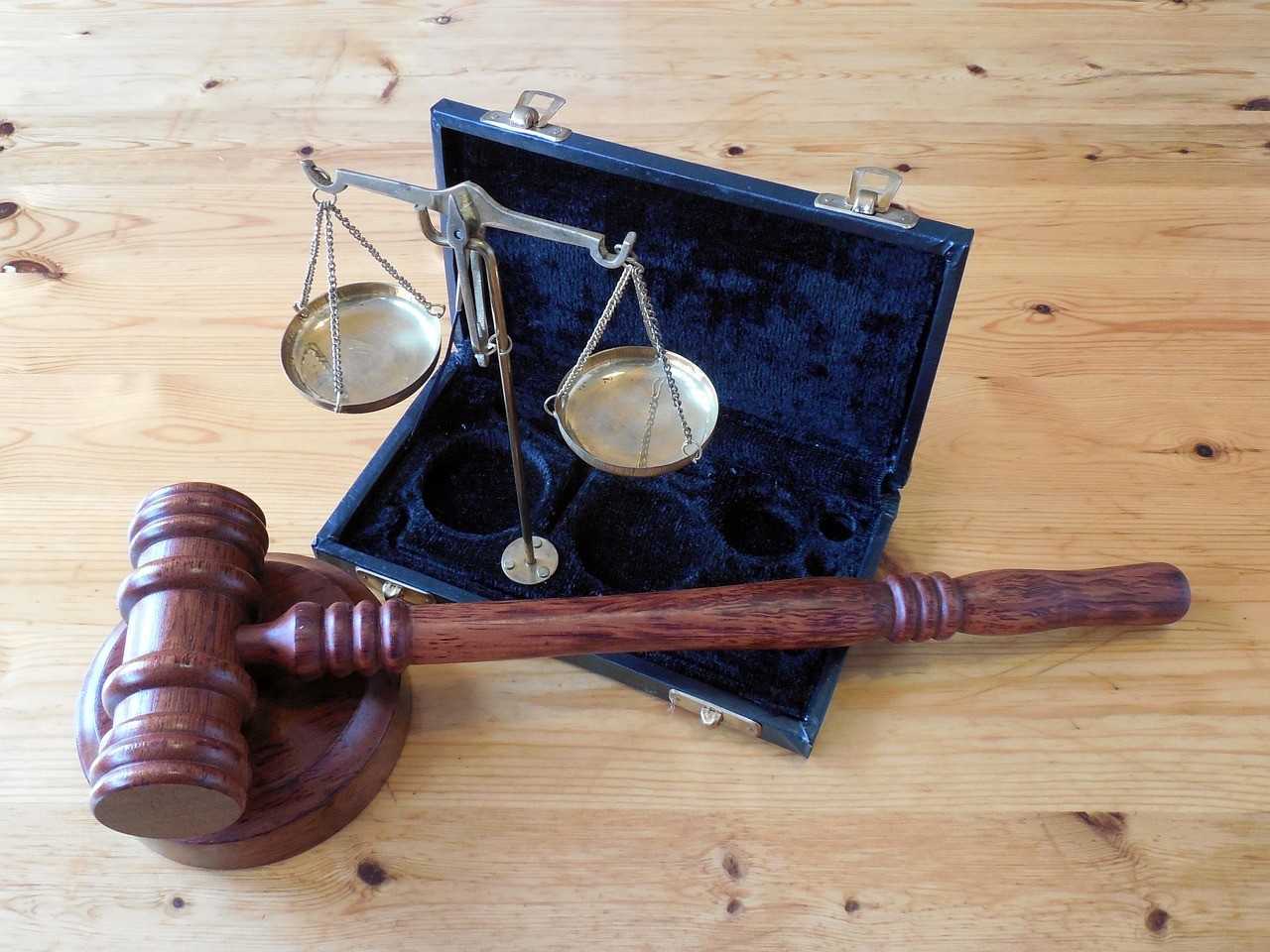Visitors to Dubai need to be aware that the city has strict laws governing behavior, dress, and public conduct. These rules are in place to maintain social order and respect for local culture. Understanding key laws before arriving helps travelers avoid fines, arrests, or other legal issues during their stay.
Laws in Dubai cover a range of areas, including alcohol consumption, public displays of affection, dress codes, and drug regulations. Being informed about these rules enables visitors to navigate the city safely and respectfully, ensuring a smoother experience.
Failure to comply with Dubai’s laws can result in serious consequences, so preparation is essential for anyone planning to visit. For more detailed information, travelers can explore Dubai laws you need to know before visiting.
Entry Regulations and Visa Laws
Travelers entering Dubai must meet specific passport validity and visa conditions. Entry is regulated by a combination of visa policies and strict customs rules, with certain items strictly banned upon arrival.
Visa Requirements
Visitors need a passport valid for at least six months from the entry date. Some nationalities receive a visa on arrival, typically for 30 days, extendable up to 90 days depending on their country of origin. Others must apply for a visa before travel. Tourist visas can often be arranged via airlines, hotels, or travel agents.
A confirmed onward or return ticket is generally required. Visitors should verify their visa type to ensure compliance with their intended length and purpose of stay. More detailed guidance can be found at the Ministry of Economy – UAE.
Customs Restrictions
Dubai enforces customs restrictions on importing certain products. Cash amounts exceeding AED 100,000 (approximately $27,200) must be declared. Medications, especially controlled substances, require appropriate prescriptions and approvals.
Photography in sensitive areas such as military sites is forbidden. Visitors should declare dutiable goods like electronics and expensive gifts to avoid penalties. Certain food items must meet health standards or are restricted based on cultural norms.
Prohibited Items
Strict laws prohibit the importation of drugs, pornography, pork products, and alcohol without proper licensing. Narcotics laws are severe, including harsh penalties for possession or trafficking.
Weapons, ammunition, and explosive materials are banned without government authorization. E-cigarettes and vaping devices face restrictions in some cases. Failure to comply with these regulations can lead to fines, detention, or deportation.
For complete details on banned goods, travelers should consult official resources before departure.
Public Behavior and Conduct Rules
Visitors must follow clear guidelines on appearance, interactions, and speech to respect local customs and avoid legal issues. Certain actions common elsewhere can lead to penalties in Dubai.
Dress Code Expectations
Dubai requires modest dress in public areas. Women should cover shoulders and knees, avoiding revealing clothes. Men should avoid sleeveless shirts and short shorts. Swimwear is only acceptable at beaches or pools.
Wearing provocative or offensive clothing can lead to fines or police warnings. Cross-dressing is illegal and can result in legal consequences.
Business or formal occasions often expect conservative attire. Dressing appropriately respects cultural norms and reduces the risk of misunderstandings or legal trouble while moving around public spaces.
Public Displays of Affection
Public displays of affection (PDA) are limited. Holding hands or brief, innocent gestures may be tolerated, but kissing, hugging, or more passionate behavior is generally forbidden in public.
Married couples should still avoid overt physical contact outside private settings to prevent possible warnings or arrests. Unmarried couples are advised to be particularly cautious, as public affection can lead to legal consequences.
This rule aims to protect the conservative values rooted in Dubai’s culture and local laws that regulate personal conduct publicly.
Appropriate Language in Public
Swearing or using offensive language in public or online is illegal and may cause arrest or deportation. Insulting others verbally, including gestures, is considered a criminal offense.
Even casual rude remarks can be treated as “obscene acts” under UAE law. Visitors should avoid arguments or heated exchanges where strong language might arise.
Respectful communication helps maintain harmony and ensures compliance with the strict legal environment regarding public behavior in Dubai.
Learn more about these regulations at Dubai laws you need to know before visiting.
Alcohol, Drugs, and Smoking Restrictions
Visitors to Dubai should be aware that strict regulations govern alcohol consumption, drug possession, and smoking. Failure to comply can result in heavy fines, imprisonment, or deportation.
Drinking Alcohol Legally
Alcohol is only permitted for non-Muslim residents and tourists who are over 21. Buying alcohol requires a license, usually obtained by residents. Tourists can drink alcohol in licensed venues like hotels, bars, and private clubs.
Public intoxication is illegal and can lead to arrest. Drinking or being drunk in public places, including beaches and streets, is strictly prohibited. Driving under the influence carries severe penalties, including jail time.
Drug Laws and Penalties
Dubai enforces a zero-tolerance policy toward illegal drugs. Possession, trafficking, or consumption of any amount can lead to long imprisonment or even the death penalty.
Dubai police may conduct random drug tests. Even trace amounts found in the body can be cause for arrest. Medications containing controlled substances must be declared, and a prescription should be carried.
Smoking Regulations
Smoking is allowed only in designated areas. This includes hotels, public buildings, and outdoor places marked for smoking. Smoking near government buildings, hospitals, and schools is forbidden.
Vaping and electronic cigarettes face the same restrictions as regular tobacco. Selling tobacco products to minors or smoking in non-designated areas may result in fines and legal action.
Social Media and Photography Laws
Visitors to Dubai must be aware of specific rules when taking photos and sharing content online. These rules protect privacy, control the use of images in public spaces, and regulate what can be posted on social media platforms.
Photography in Public Spaces
Photography is generally allowed in public spaces, but certain restrictions apply. Taking pictures of government buildings, military sites, and palaces is prohibited without official permission.
Photographing people without their consent can lead to legal issues, especially if the images are used commercially or shared publicly. Always ask for permission before photographing individuals.
Drones require special permits for usage, and there are strict regulations regarding where and how they can be operated. Failure to comply with these rules can result in fines or confiscation of equipment.
Posting Content Online
Content posted online must not violate UAE laws or cultural values. Content that is considered offensive, defamatory, or threatening is prohibited and can lead to legal consequences.
Sharing photos or videos that harm the country’s reputation or public order is illegal. This includes any material that might incite hatred or insult religion.
Users should be cautious about posting personal information or sensitive content. Social media accounts can be monitored, and users may be held responsible for their posts.
Privacy Rights
Privacy is strongly protected under Dubai law. Sharing photos or videos of people without their consent may violate their privacy rights and lead to criminal charges.
Recording private conversations or activities without permission is illegal. Even within public events, respect for personal privacy remains crucial.
Businesses and individuals must obtain clear consent before using images for marketing or commercial purposes. Failure to do so can result in civil and criminal penalties.
For more details, see Social Media and Photography Laws in Dubai.
Transport and Road Laws
Dubai enforces strict regulations to ensure safety and order on its roads. Drivers must carry valid licenses, obey traffic signals, and avoid dangerous behaviors such as texting while driving. Public transport and ride-sharing services operate under clear rules designed to protect passengers and maintain efficiency.
Driving Regulations
To drive legally in Dubai, tourists must carry a valid international driving license or a UAE driving license. The minimum driving age is 18. The city follows right-hand traffic rules, and speed limits are strictly enforced, with fines for violations.
Wearing seat belts is mandatory for all passengers. Using mobile phones while driving is prohibited unless hands-free devices are used. Driving under the influence of alcohol is illegal and punishable by severe penalties, including fines and imprisonment.
When renting a car, the driver must present a valid license, passport, and a credit card. Insurance is mandatory, and renters should carefully review the terms. Tailgating and dangerous overtaking are common fines. Always respect traffic lights and roundabout priorities.
Public Transport Rules
Dubai’s metro, buses, and trams require passengers to have valid Nol cards for travel. Eating, drinking, and smoking inside vehicles and stations are prohibited and can result in fines.
Passengers must give priority seating to the elderly, pregnant women, and people with disabilities. Security checks are routine in metro stations, and following instructions from staff is compulsory.
Children under a certain age must be accompanied by an adult. Public transport runs on fixed schedules, and disruptive behavior or failure to comply with rules can lead to removal or fines.
Ride-Sharing App Guidelines
Ride-sharing services like Careem and Uber are widely used in Dubai. Customers should verify driver identity and vehicle details before starting a trip to ensure safety.
It is illegal to hail taxis or ride-sharing cars illegally or outside authorized zones. Passengers must wear seat belts during the trip.
Drivers and riders must follow local laws strictly, including no smoking in vehicles and respectful behavior. Payment is usually processed via app, reducing the need for cash, but tipping is discretionary.
All rideshare vehicles must be registered with Dubai’s Roads and Transport Authority and comply with vehicle safety inspections.
Financial and Commercial Regulations
Visitors must be aware of strict financial rules in Dubai regarding money handling and purchases. Understanding currency regulations and tax-free shopping policies ensures compliance and avoids legal issues.
Handling Money and Currency
Carrying large amounts of cash without declaring it is illegal. Travelers should declare any cash or negotiable instruments over AED 100,000 (around $27,000) at customs. Failure to declare can result in confiscation and fines.
Credit and debit cards are widely accepted, but currency exchanges should be done through licensed operators only. Money laundering laws are strictly enforced, and suspicious transactions may lead to arrest.
Failure to pay debts, including hotel bills, can cause imprisonment and asset freezes. Personal bank accounts can be frozen if involved in financial disputes or fraud. Tourists should settle all payments promptly to avoid legal complications.
Shopping and Tax-Free Purchases
Dubai offers many duty-free shopping opportunities, but there are limits. Visitors can bring gifts, perfumes, and personal luggage valued up to AED 3,000 without paying customs duties.
Certain items such as pork products, pornography, and controlled substances are banned. Shoppers should verify that products like cosmetics or CBD oils comply with UAE regulations, as some ingredients may be illegal.
Receipts and invoices should be kept to prove lawful purchase and avoid disputes. Credit card payments are preferred for added security. Understanding the customs limits and banned items prevents fines or confiscations at the border.
For more details, see Dubai’s laws and rules for tourists.
Frequently Asked Questions
Visitors to Dubai must follow clear guidelines on clothing, alcohol use, and behavior in public spaces. Regulations on relationships and accommodation are strict, reflecting local cultural and legal norms. Penalties for breaking laws can range from warnings to imprisonment.
What are the dress code requirements for tourists in Dubai?
Tourists should dress modestly in public places. Women are advised to avoid very short, tight, or revealing clothing, and men should not appear shirtless outside of beaches or pools. Swimwear is only acceptable on private beaches or hotel pools.
What are the alcohol consumption regulations for visitors in Dubai?
Alcohol is only allowed in licensed venues such as hotels, bars, or private clubs. Drinking or carrying alcohol in public spaces or being visibly intoxicated can lead to fines or jail. Non-Muslim residents need a liquor license to buy alcohol from stores.
How do public displays of affection affect couples visiting Dubai?
Public displays of affection, including kissing, hugging, or holding hands, are prohibited. Such behavior may result in warnings, fines, or even imprisonment due to strict laws based on Sharia principles.
What should unmarried couples be aware of when traveling to Dubai?
Unmarried couples face legal restrictions on cohabitation. While enforcement has softened slightly in some cases, staying together in private accommodations is still legally sensitive and may attract police attention.
Can tourists share a hotel room in Dubai if they are not married?
Many hotels require proof of marriage for couples sharing a room. Booking with reputable hotels can minimize issues, but unmarried couples should research hotel policies carefully to avoid complications.
What are the consequences of violating local laws in Dubai?
Penalties for breaking laws range from warnings to heavy fines, imprisonment, or deportation. Serious offenses, such as drug possession or public intoxication, carry severe punishments. Authorities enforce laws strictly to maintain public order and respect cultural norms.
For detailed information, see Dubai travel laws for tourists.



0 Comment